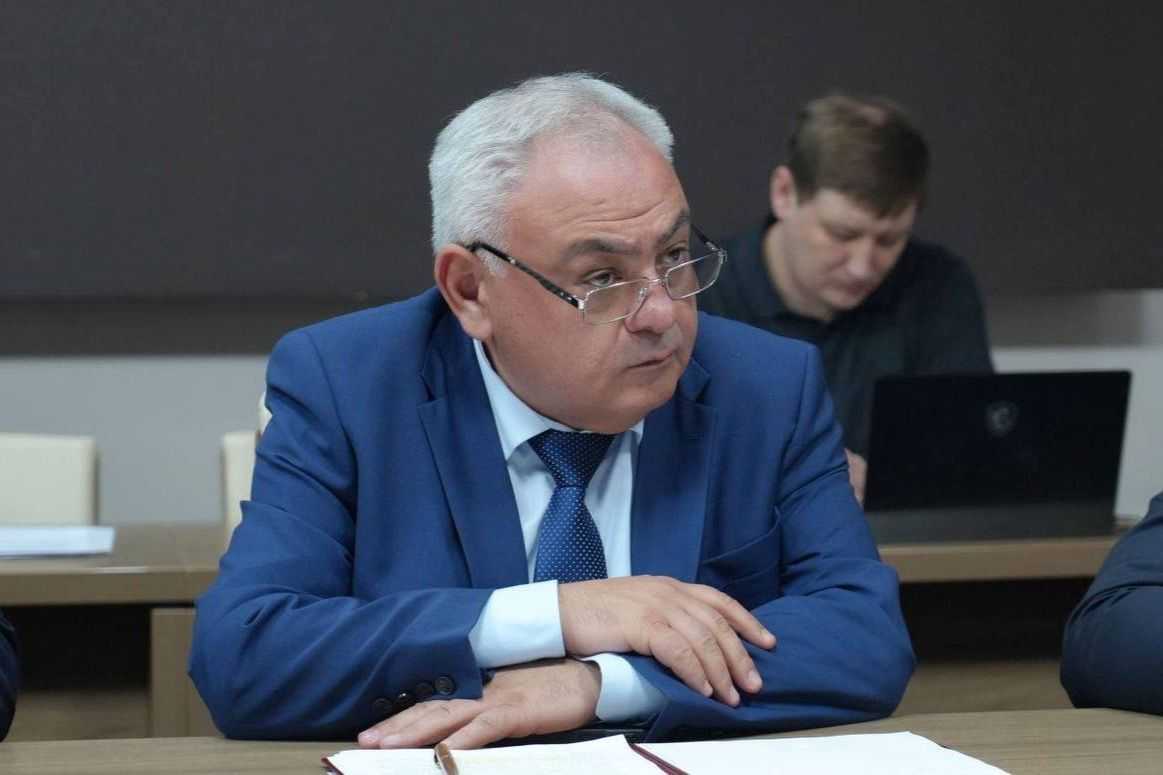North Ossetian politician calls female drivers ‘silicone cows with sawdust in their heads’

Soslan Didarov, a member of the North Ossetian Parliament from the party A Just Russia — For Truth, has found himself at the centre of scandal after publishing an emotional outburst about women drivers on his Telegram channel.
‘You buy driving licences for your wives, daughters, silicone cows with sawdust in their heads — at least make them learn the basic rules of the road and the basic traffic signs! Or are you yourselves too brainless to understand that they are a danger not only to themselves but to others!? This also applies to men!’, Didarov wrote on Wednesday.
He added that, in his view, driving around Vladikavkaz had become ‘impossible without nerves and endless manoeuvring’, and admitted that he sometimes breaks the rules himself ‘to neutralise the danger from others’.
The post subsequently triggered reactions from Russian politicians. Journalist and politician Ksenia Sobchak called Didarov’s words ‘unacceptable’ and suggested that he should ‘learn to control his language and sincerely and wholeheartedly apologise to all women’.
‘Cancel culture doesn’t work in Russia, and of course he won’t resign, but I would like this story to be a lesson. A young man must understand: a parliamentary mandate is a responsibility, not a right to insult women,’ Sobchak wrote.
She was supported by Russian MPs from the New People party, Ksenia Goryacheva and Sardana Avksentyeva.
Avksentyeva stressed that a parliamentarian is obliged to observe ethical standards and respect citizens. In turn, Goryacheva said that ‘such words addressed to women are unacceptable in any context, and especially from someone entrusted with the people’s confidence’.
‘Emotions are no excuse. Dealing with them is also part of responsibility, including political responsibility,’ Goryacheva wrote, suggesting that Didarov should act by legal means instead.
In response, a campaign emerged in North Ossetian social media in support of Didarov, with writer Soslan Pliev arguing that any complaints should be addressed to the traffic police.
‘It’s hard to disagree with [Didarov]. The number of reckless drivers on the streets of Vladikavkaz who don’t know the basic rules of the road is frightening. This is a question of general culture, not just of driving. And a question for the traffic police. It’s all very well for them to check tinted windows and seatbelts, collect fines from speed cameras and tow wrongly parked cars. But it seems this service also has responsibilities for prevention and stopping offences directly on the roads. If one may disagree with the tone of Didarov’s post, it is difficult to argue with its essence’, Pliev wrote.
Didarov has refused to apologise. He explained that he had written the post in anger, after witnessing a dangerous situation on the road in which, according to him, ‘some girls behind the wheel almost sent him and his relatives to the next world’.
‘I called things by their proper names: silicone cows are silicone cows, and women, wives, daughters are women’, Didarov said.
He thanked residents of North Ossetia for their support and stressed that after the criticism from Sobchak, Avksentyeva, and Goryacheva, he had received ‘many more calls and messages than on my birthday’.
Didarov’s colleagues in the North Ossetian Parliament stopped short of harsh criticism. Kermen Berdiev, chair of the parliamentary commission on ethics, admitted that Didarov’s words had been ‘inappropriate and ill-considered’.
‘This, to put it mildly, does not befit a parliamentarian. But I put it down to his youth. That’s young people for you’, Berdiev remarked philosophically.
Didarov is known in North Ossetia for insisting on banning the screening of the film Fifty Shades of Grey in North Ossetia, defending Giorgy Guev, a native of the republic accused of financing terrorism, and calling for an objective investigation into the case of Inal Dzhabiev, a resident of the self-proclaimed South Ossetia who died after being detained by local police.

This article was translated into Russian and republished by our partner SOVA.











